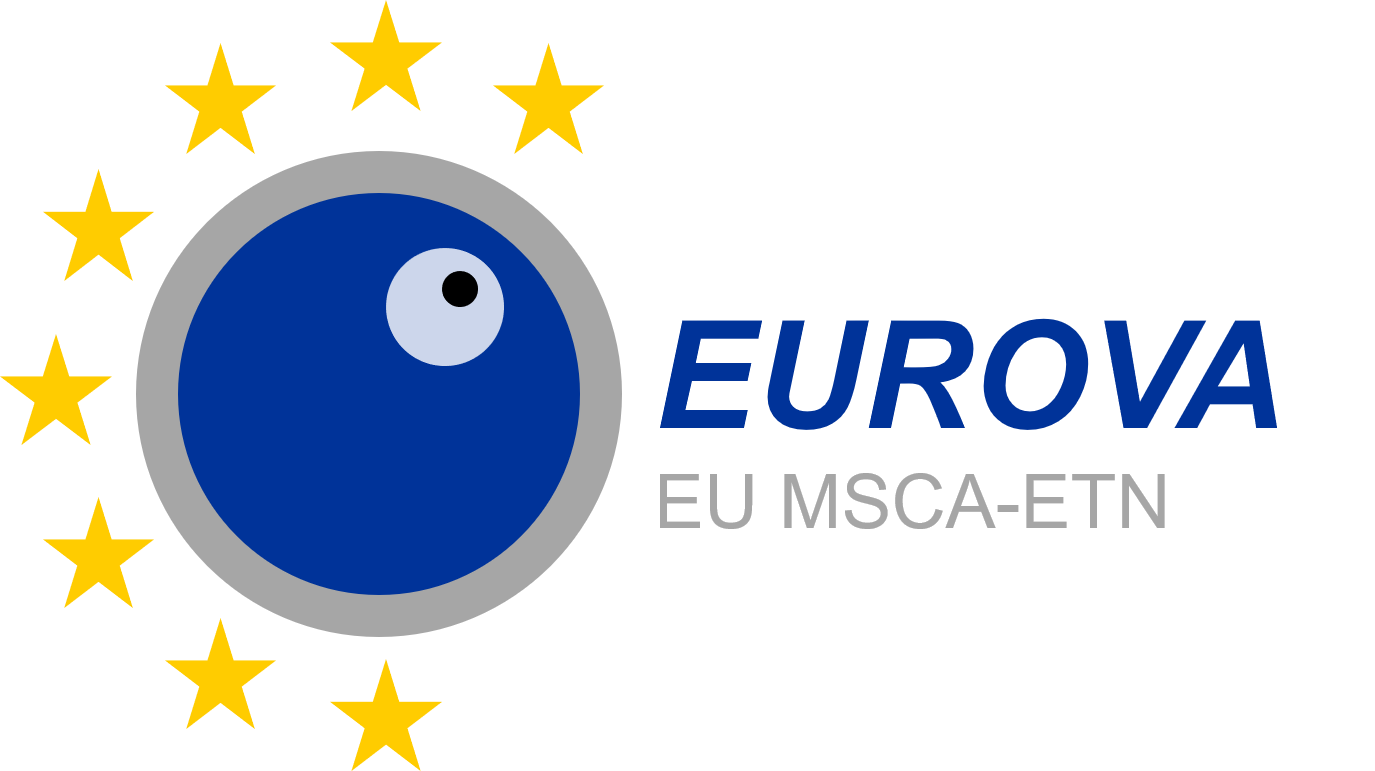ESR Blog post #7 "Work in the time of Covid" by Georgios Athanasiou, ESR9, CSIC
Two years after the first COVID case in Europe, I think it is a fair moment to express my personal, internal feelings and thoughts on how the new status-quo has shaped our professional lives. To introduce myself, I am Georgios, PhD student based in CSIC, working on the topic of artificial intelligence for assisted reproduction, and lucky enough to have the advantage of performing my work exclusively on a computer. Contrary to my other colleagues in the EUROVA project, I faced no difficulties on carrying on my everyday duties but there was a still a need to adapt to the new working reality.
“Can you hear me?” was the most common phrase during work one has to get used to, in the beginning of pandemic, closely followed by “You are muted!”. With just one governmental announcement, there was a new reality and in-person meetings were suddenly switched to online meetings. Everything we were used to so far was transformed to a futuristic version: scientific discussions on the microphones, live coding on a shared screen or solving equations on virtual whiteboards. The coffee breaks were not the same: we missed catching-up about our work, sharing the news of our lives and chatting. Even EUROVA symposia and seminars were transformed to virtual events. But finally we had the opportunity to meet everybody in person, almost one year and a half after our first online meeting. Indeed, people are much prettier in real life than what you can get out of a cold, impersonal screen!
However, the new reality brought some benefits. First and foremost, we learnt to adapt to new work situations, quickly and effectively; we developed the ability to work from home, from the office, from public transport. The job became more task centric and not a solely office-centric job. The productivity reached higher standards as a result of the flexibility arising from the new situation, and the opportunity of better balancing the personal and family needs, with the work needs. The consequence of these new positive outcomes was the boost in the collaboration and trust between the PhD student and the supervisor, elements that I consider essential for a smooth progress in research and in any working environment.
The truth is I could write pages about my experiences during COVID times. However, I would like to wrap it up here, with the main conclusions I wanted to share with you. I am glad that I had (and still have) the opportunity to have people on the EUROVA project whom I consider open-minded, adaptable and positive, even during difficult times like the pandemic. Chaos is a ladder, and I firmly believe that we were able, not only to survive during the chaos of COVID, but also to thrive, and use it as a ladder to adopt key features, such as remote working, more flexible schedules and task-based work to improve our working and personal lives. I am thankful to all of them, and I looking forward to continuing with the same mindset and vision to the future.
